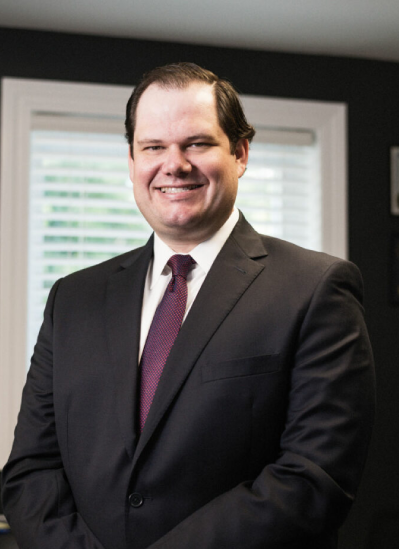Federal Class-Action Lawsuit Filed Against the City of St. Louis Over Earnings Tax Withheld from Non-City Residents
On March 29, 2021, Plaintiffs Mark Boles, Nicholas Oar, and Kos Semonski filed a class-action lawsuit against the City of St. Louis and Gregory F.X. Daly, the City’s Collector of Revenue, challenging their refusal to issue earnings tax refunds to non-city residents working outside the City during the COVID-19 pandemic. The 30-page complaint was filed in the United States District Court for the Eastern District of Missouri.

Plaintiffs are non-city residents whose employers are located in the City of St. Louis. Plaintiffs say they worked remotely during most of 2020 and sought refunds from the City Collector based on the number of days they spent working outside the City. The Collector of Revenue denied their refund requests, stating that the City was no longer allowing refunds for work performed remotely outside the City of St. Louis.
For several years before the COVID-19 pandemic, Plaintiff Boles worked remotely from his home in St. Louis County, and the City always refunded him a portion of the earnings tax withheld from his pay based on the number of days he worked outside the City. Now, the City has allegedly reversed course and denied his refund request, stating that employees should be treated as working in their original place of work for purposes of the City’s earnings tax.
Acknowledging a shift in policy and interpretation of the law by the City, the Assistant Collector of Revenue allegedly e-mailed Mr. Boles the following:
“Starting tax year 2020 our refund policy changed. I understand you work from home but your employer location is in the city. I know you are frustrated because you have received refunds in the past years. The E-1VR, completed by your employer, gives the [redacted] address as your working location. I do suggest you go to our website which gives a clear explanation of who qualifies for a refund. I can not [sic] approve for you to get a refund.”
The lawsuit alleges the City is violating the plain language of the earnings tax ordinance, which only allows application of the earnings tax to nonresidents based on “work done or services performed or rendered in the City….” (emphasis added).
The lawsuit notes nonresidents often do not pay the earnings tax voluntarily, but employers with offices and/or locations in the City are generally required to withhold earnings taxes for all employees, regardless of whether they are city residents.
Prior to the COVID-19 pandemic, taxpayers could request the refund using the Form E-1R, which contains a section requiring the taxpayer’s employer to certify the number of days the taxpayer worked outside the city limits. The lawsuit says the Form E-1R has never required the taxpayer or the employer to provide a reason as to why the taxpayer worked a certain number of days outside the city.
In December 2020, the Collector allegedly changed the form for tax year 2020 and added a new required attachment to the Form E-1R, called the Form E-1RV, which contains a new verification statement requiring employees and employers to attest to the following statement:
“I understand that a regular workday does not include holidays, vacation, working remotely from home or other work absences [].”
The new forms also require taxpayers to provide “[s]ubstantiating documentation such as travel and mileage logs, airline or train tickets, lodging receipts, etc….when filing th[e] form.”
The lawsuit challenges the legality of the actions and a public statement made by the Collector of Revenue regarding the earnings tax, including the following:
“If you live outside of the city limits and your employer continues to operate within the city limits, you will be required to pay the earnings tax even if your employer permits you to work virtually.”
The lawsuit claims these statements contradict the earnings tax ordinance and have “intimidated non-residents [and their employers] from submitting requests for refunds.” The lawsuit seeks injunctive relief ordering the Collector to accept a form substantially similar to the 2019 E-1R form and prohibiting the Collector from incorrectly “advising the public that nonresidents cannot receive a refund for work or services that were rendered or performed outside the City of St. Louis.”
According to attorney Bevis Schock, one of the attorneys for Mr. Boles and the proposed class, “The Collector of Revenue insinuates that refunds have historically been limited to days taxpayers spent traveling outside of the city for business, but that limitation is neither found in the City ordinance nor the pre-pandemic Form E-1R, nor has this been the historical application.”
Attorney Mark Milton, Schock’s co-counsel and a former Trial Attorney with the Department of Justice Tax Division, said, “The City has historically not imposed the earnings tax on non-city residents for days spent working outside the city, regardless of reason, because it is statutorily and constitutionally prohibited from doing so. The City and the Collector know this legal reality yet continue taking the position they can keep taxes unlawfully collected from non-city residents.”
Milton added, “The Collector’s statements and actions appear aimed at stifling and intimidating non-city residents from seeking refunds they are otherwise lawfully entitled to receive. They are certainly not rooted in any factual or legal reality.”


